In July 2025, Czech cinema witnessed a special milestone with the release of “Summer School 2001” or “Letní škola, 2001” in Czech, the debut film of Vietnamese-born director Dužan Duong.
Not only is the film deeply autobiographical, it is also a strong and authentic voice of the generation of Vietnamese people growing up in the Czech Republic, a community that has been silenced in mainstream cinema.
The work “Letní škola, 2001” officially premiered at the Karlovy Vary International Film Festival on July 8 as the first film of the “viet‑film” genre in the history of Czech cinema.
The film was then released in cinemas across the Czech Republic from 24/7, distributed by Aerofilms.
Set in the summer of 2001 at a bustling market in Cheb, the film revolves around the story of Kien, a 17-year-old boy with striking red hair who returns from Vietnam after 10 years away from home.
Instead of a warm welcome, he faces his father's distance, his mother's worries, and conflicts with his younger brother.
Through activities like ironing Pokémon onto T-shirts, learning Czech, and dating teenagers by the lake, secrets gradually emerge and affect the entire community living around the market.
The film uses a Rashomon-style multi-perspective narrative structure, following three characters: the father Zung, the child Tai, and the teenager Kien.
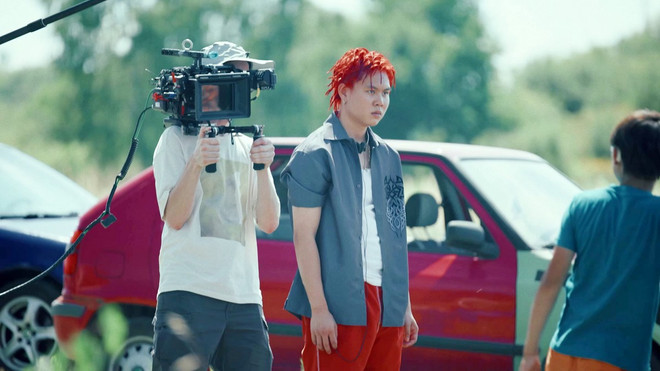
Each perspective has its own color and rhythm from mafia to teen humor and inner turmoil from cultural mix.
The film is set in the border town of Cheb in the summer of 2001. The main character, Kien, a 17-year-old teenager, returns to the Czech Republic after 10 years living in Vietnam.
With bright red hair and eyes filled with both bewilderment and sadness, Kien steps into a strange reality: the family he once knew is now distant, the culture is strange, and language has become an invisible barrier.
The film is told through three perspectives of Kien, his father (Zung) and his younger brother (Tai) in the Rashomon style - a famous storytelling technique in cinema and literature, originating from the film "Rashomon" (1950) by Japanese director Akira Kurosawa) - showing the same event but each person has a different perspective, a different hurt and a different feeling.
Conflicts, generational gaps, and hidden secrets gradually unfold as Kien embarks on seemingly simple activities like learning Czech, making Pokémon T-shirts, dating at the lake, and helping his father at the market.
But hidden beneath the surface is an entire overlapping social system: from Asian “market tycoons”, the pressure of cultural assimilation, to family norms conflicting between two educational systems, traditional Vietnamese and modern Czech.
As a Vietnamese born and raised in the Czech Republic, director Dužan Duong is not just a storyteller, he is a part of the story itself.
The work is heavily autobiographical, reflecting the experiences of a child in an immigrant family where parents are absent to make a living, where the mother tongue gradually fades, and where personal identity is always in a state of limbo.
Dužan used many non-professional actors from the Vietnamese community, choosing a close, authentic way of making films with handheld filming, natural light and a minimalist, Asian visual style.
The film opens with a scene steeped in symbolism: Kien is on a night bus through the jungle returning to Cheb, a “border” not only geographically but also psychologically and ethnically. From there, the camera follows the young man through the nooks and crannies of the Vietnamese market, the temporary rented rooms, the old summer school days where every object and every laugh becomes cinematic material.
Not just the memory of an individual, the film is the collective memory of tens of thousands of Vietnamese families who have lived and are living in Europe.
In a climax scene, the father character screams in a mix of Vietnamese and Czech: "I do everything so you don't have to live like me!" a line that makes many Vietnamese-American audiences cry, because they see themselves in it.
"Letní škola, 2001" is the first Czech film directed by a Vietnamese-origin director, with most of the cast and setting coming from the Vietnamese community. However, the film is not only for the Vietnamese.
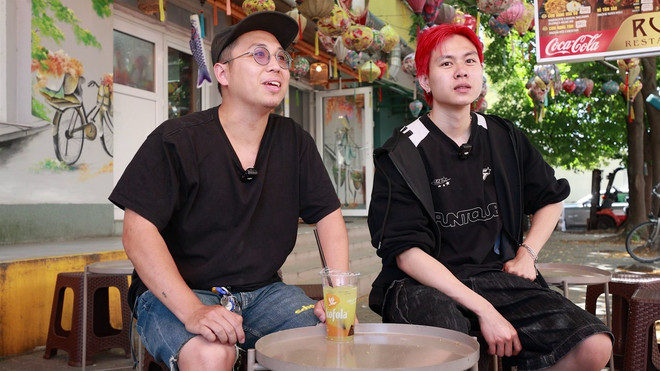
For young director Dužan Duong and the crew of "Letní škola, 2001," the audience's reception is an opportunity for the film's humane message to spread more widely.
And what the film wants to convey is nothing other than the value of family in the lives of Vietnamese people in the Czech Republic. Whether it is the period of the 90s/2000s or until now and forever.
Stories about identity, family, integration and loss are universal themes that any audience, whether Czech, French, German or Vietnamese, can relate to.
The film's emotional and technical success helped it be selected to premiere at the 2025 Karlovy Vary International Film Festival taking place in Karlovy Vary (Czech Republic) from July 7-12 and received many compliments from critics.
“Letní škola, 2001” is not just a film, it is a door. It opens up space for stories that were once considered “peripheral,” for people who were once called “immigrants,” and for emotions that few people have dared to tell through cinema before.
From a small border town, from a seemingly silent Vietnamese family, “Summer School 2001” raised a strong and authentic voice: about memory, about identity and about the right to tell one's own story.
It can be said that “Letní škola, 2001” is not only a film but also a declaration of a new voice of the Vietnamese community in the Czech Republic, opening up a journey of cultural representation and more authentic storytelling in European cinema./.
Source: https://www.vietnamplus.vn/letni-skola-2001-tieng-vong-mua-he-va-ban-sac-the-he-goc-viet-tai-sec-post1051930.vnp



![[Photo] Prime Minister Pham Minh Chinh receives the delegation of the Semiconductor Manufacturing International (SEMI)](https://vphoto.vietnam.vn/thumb/1200x675/vietnam/resource/IMAGE/2025/11/06/1762434628831_dsc-0219-jpg.webp)


![[Photo] Closing of the 14th Conference of the 13th Party Central Committee](https://vphoto.vietnam.vn/thumb/1200x675/vietnam/resource/IMAGE/2025/11/06/1762404919012_a1-bnd-5975-5183-jpg.webp)

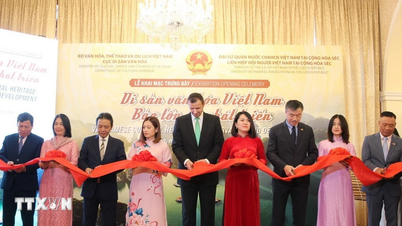

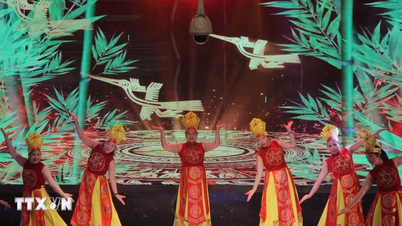
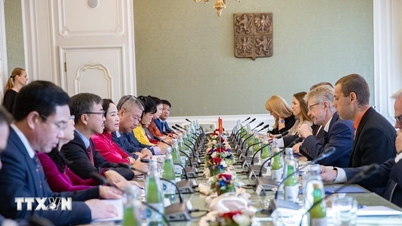


![[Video] The third National Press Award "For the cause of developing Vietnamese culture"](https://vphoto.vietnam.vn/thumb/402x226/vietnam/resource/IMAGE/2025/11/06/1762444834490_giai-bao-chi-vh-3937-jpg.webp)

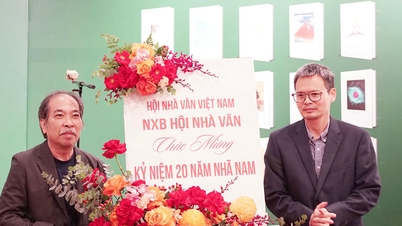


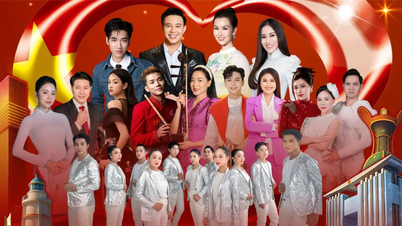








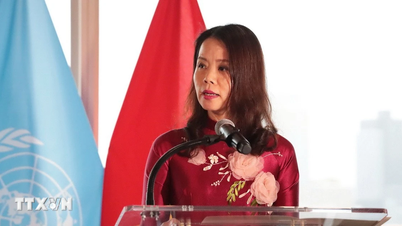
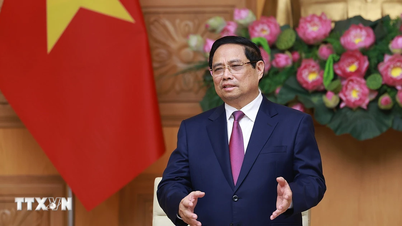
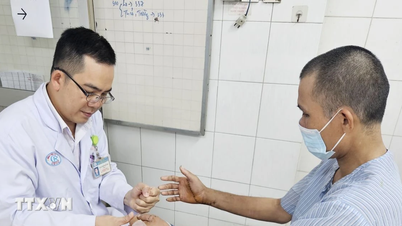
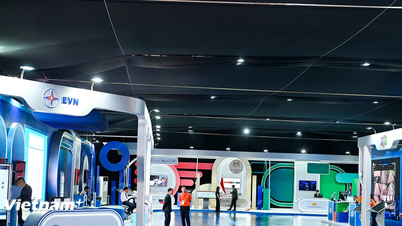

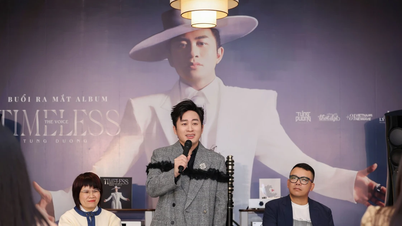





































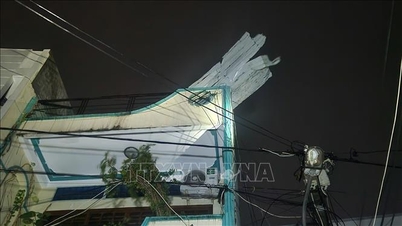

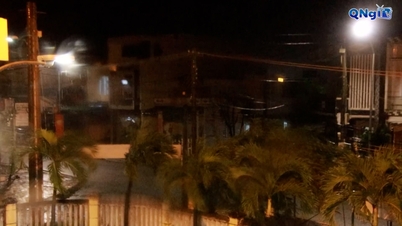

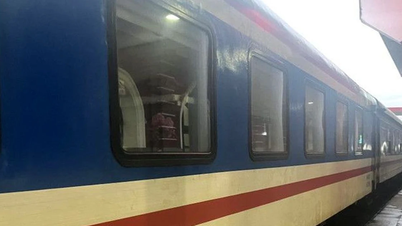

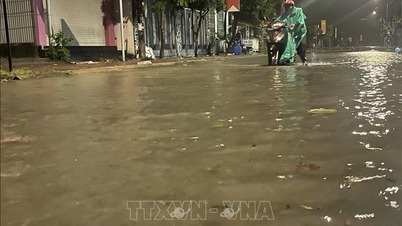

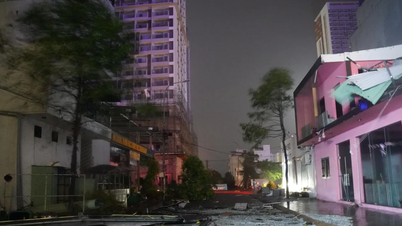









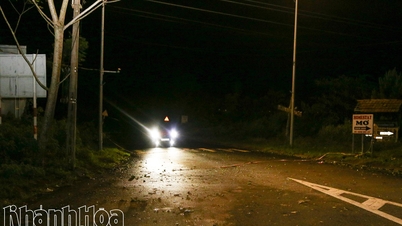

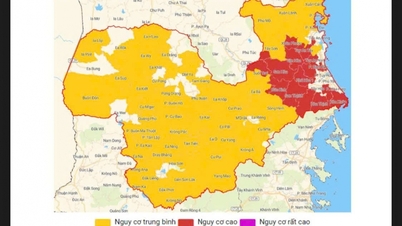

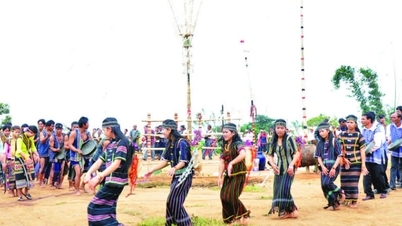


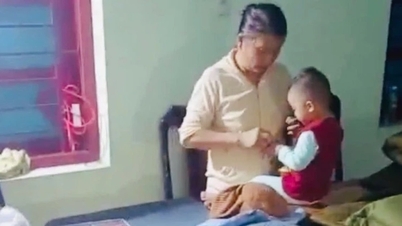
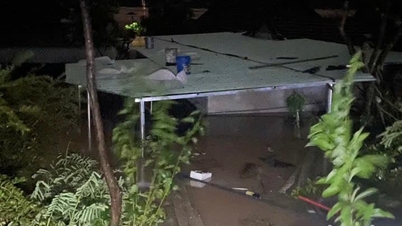












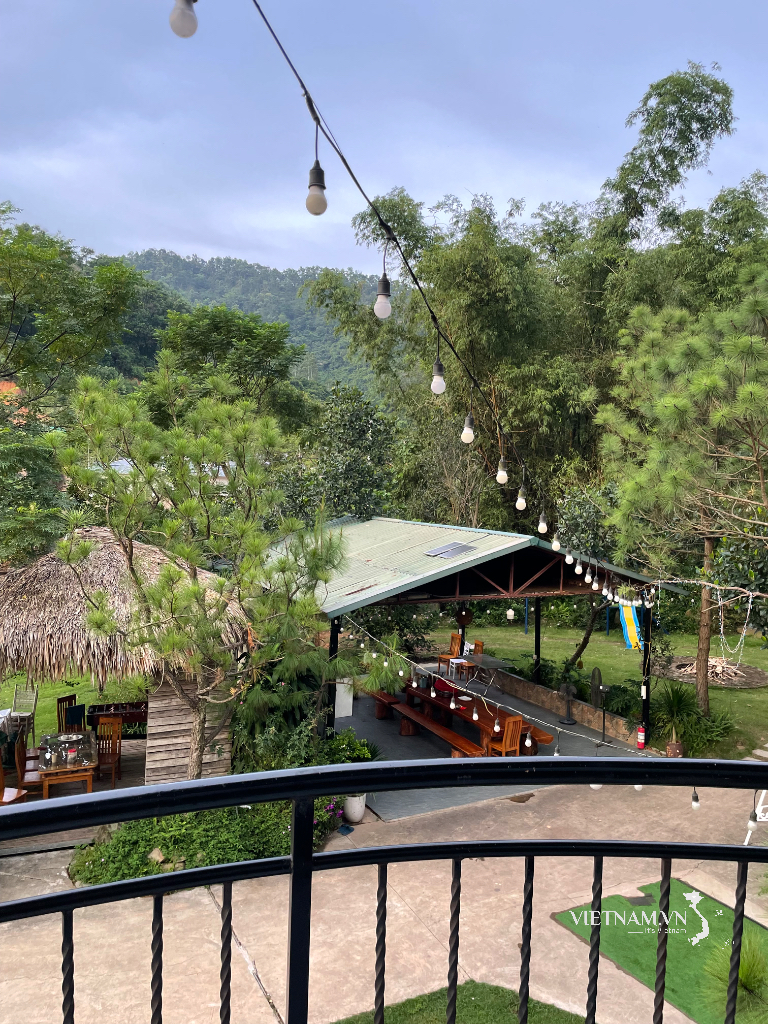

Comment (0)